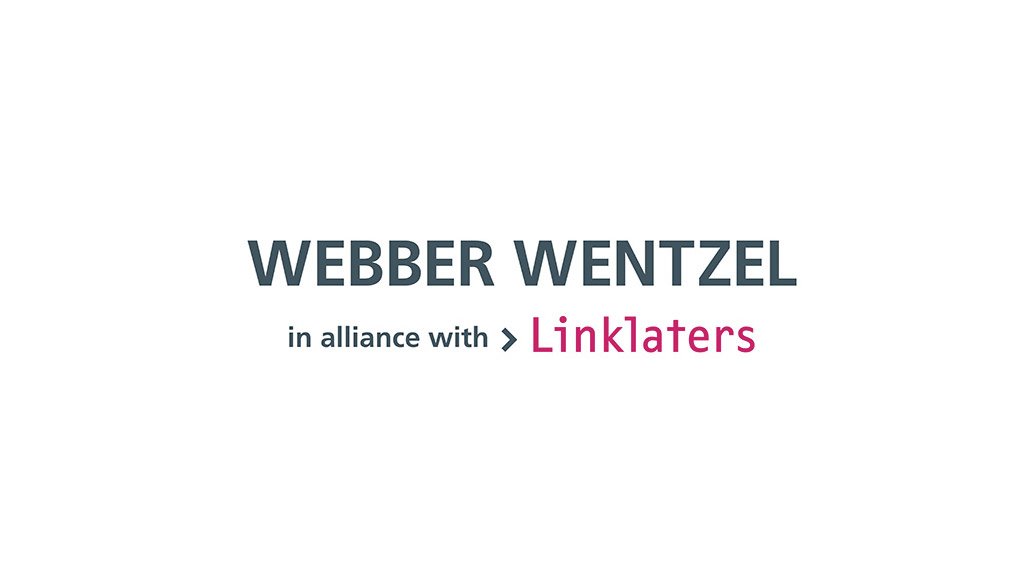On 5 May 2021 the Regulations Regarding Extended Producer Responsibility (EPR Regs) came into force under the Waste Act. On the same day, the second round of amendments to the EPR Regs were finally published after extensive consultation with the affected sectors.
The significance of the EPR Regs cannot be understated. These are game-changing waste management rules which will undoubtedly have a positive impact for the environment, although they will weigh heavily on those impacted.
Webber Wentzel’s top tips for the EPR Regs are:
- they apply to existing and new producers, brand owners and importers of a number of identified products, including:
- electrical and electronic equipment;
- certain batteries;
- lighting equipment; and
- paper, packaging and some single use products (paper, plastic, glass and metal);
- they apply to brand owners who transport, or sell their products in primary, secondary or tertiary packaging. Literally anyone who sells anything in SA that is packaged;
- they apply retrospectively to any products placed on the market before 5 May 2021;
- they apply to SA companies, international companies who placed products on our market through licensed agents, importers of branded goods and, if all else fails, retailers;
- registration is required by all of the above parties by 6 November 2021 (or within 3 months for any new producers or importers);
- all of the above parties must, by 6 November 2021, either:
- establish and implement their own EPR scheme;
- join another EPR scheme; or
- appoint a producer responsibility organisation to establish and implement an EPR scheme;
- the entire value chain of the waste produced by the identified products must be considered in the EPR scheme (collection, storage, transport, reuse, recycling, treatment and disposal);
- EPR fees must be paid by the producers to fund the implementation of the EPR schemes, including the full waste lifecycle of the waste produced by the identified products;
- there are onerous auditing, reporting, transformation and other obligations that the producers or PROs must adhere to and achieve through the EPR schemes; and
- strict mandatory take back, production design, reuse, collection, recycling and/or recovery targets are set to be achieved over a period of 5 years from the date of implementation of the EPR schemes, for the waste produced by the identified products. Careful analysis of these targets is required to understand the full extent of the impact of the EPR Regs on one's business.
Webber Wentzel have some reservations as to how effective the EPR Regs will be in the short term – see the recent update, Over-extension of Extended Producer Responsibility? Despite the reservations, the rules of the waste management game have changed and the impact will be felt by many. For some, however, these EPR Regs offer immense opportunity. As the saying goes, one person's waste is another person's treasure.
Webber Wentzel also recently prepared an article on possible double taxation issues for manufacturers and importers of plastic carrier bags and plastic flat bags (Doubling Down on Plastic Bag Producers). In the final amendments to the EPR Regs that came out on 5 May 2021, this risk has been addressed through expressly excluding plastic carrier bags and plastic flat bags from the ambit of the EPR Regs. Not sure if the Department saw our article, but, this is a welcomed legal development. Manufacturers and importers of these products must continue to comply with the Plastic Carrier Bags and Plastic Flat Bags Regulations, 2003 published under the Environment Conservation Act, 1989, as recently amended.
Written By Garyn Rapson, Paula-Ann Novotny, Nonhlanhla Payne and Amaarah Mayet from Webber Wentzel
EMAIL THIS ARTICLE SAVE THIS ARTICLE ARTICLE ENQUIRY
To subscribe email subscriptions@creamermedia.co.za or click here
To advertise email advertising@creamermedia.co.za or click here











